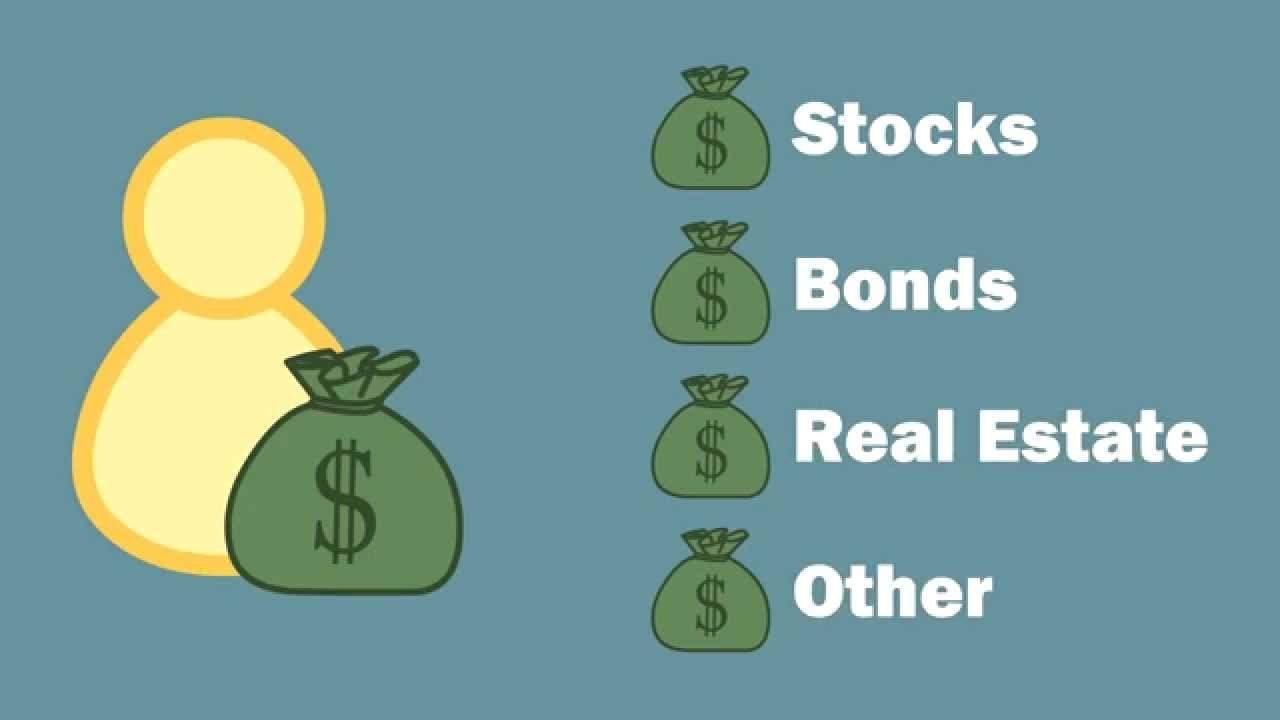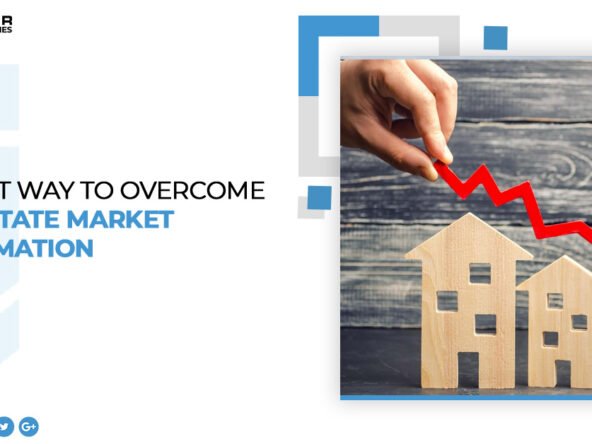What is the Difference Between Savings and Investment?

People frequently use the terms “saving” and “investing” interchangeably. They are, however, not the same.
Saving means putting money aside to achieve your goals. Investing is the process of putting money into something with the expectation that its value will increase over time, giving you the opportunity to create more wealth.
So the question isn’t “Saving vs. Investing” or “Saving = Investing.”
They are both components of the same solution. Here’s how they can collaborate to help you achieve your goals.
Saving and investing are not the same thing, but they share a common goal of financial stability. Saving and investing are both important because each has advantages and disadvantages.
People are frequently perplexed about whether to invest or save, but before embarking on your journey to achieve your dreams of enormous wealth and financial stability, you must be very clear about these basic but crucial financial concepts.
Let’s talk about it.
What Is Saving?
Saving refers to money set aside for future emergencies and anticipated needs. Savings are mostly risk-free because they are deposited in bank accounts that offer a fixed monthly return.
Savings are advantageous in the sense that if you are in an emergency or require money immediately, you do not need to borrow it from anyone. You won’t have to worry about money because your savings will come to your aid.
What Is Investing?
Investing is not without risk, but it is also extremely rewarding. It entails purchasing assets such as real estate, bonds, shares, cryptocurrency, and so on, with the expectation that their value will increase over time.
Nowadays, real estate is a very promising investment option due to the low risk of loss. If you invest in real estate, your wealth will multiply in a matter of years.
Because you don’t have readily available money, you must sell your assets when you need money or want to increase your capital gains.
DO READ
Best Return On Investment In Pakistan
Why Is Savings Important?
Saving is highly liquid, which means you don’t have to wait when you need money; simply go to the bank and withdraw the funds you require. In a nutshell, savings or money that relieves stress.
Savings have fixed returns with no loss, even if the returns are not very high, and you always get a fixed amount at the end of the month.
Saving money is simple; all you need to do is make a decision. There is no need for research, there are no hidden fees or risks, and it is very simple to pursue.
Savings are usually tax-free or have very low tax rates, so a lot of money is saved rather than wasted taxes.
The Pitfall of Savings?
Savings provide a very low return; you invest a significant amount of money and receive very little in return. Often, the returns are no more than 8-10% of the total money in your account.
Saving money continues to lose value as inflation rises day by day. If you have to buy something, its value increases over time, but the value of the currency does not. As a result, you’re at a loss.
Why Is Investment Important?
The Advantages of Investment Investments are highly rewarding, and some businesses, such as real estate, can be very useful due to the lower risk of loss.
Other businesses, such as stocks and cryptocurrency, can be very profitable, but they are riskier than real estate.
There is no doubt that if you invest wisely, you can easily overcome inflation. In comparison, you can increase your wealth at a much faster rate than inflation.
The Pitfall of Investment?
Investment Drawbacks Investments are undoubtedly rewarding, but they are also extremely risky; if you do not invest wisely, there is a strong possibility that you will lose your wealth.
Investments necessitate extensive research into where and when to invest, and if you are unwilling to do so, one wrong decision can result in an inconceivable loss.
Investments are typically volatile, which means that if you are in desperate need of funds, you may have to wait for your assets to be sold, which can take a day, a week, a month, or even longer, leaving you in a stressful situation.
When you invest in various businesses, there is a good chance that some of your money will be lost to taxes.

Where Should You Invest?
Money is never easy to come by, so you must be very wise and cautious when investing in any business. Businesses such as stock exchanges, shares, and cryptocurrency are beneficial, but they are also extremely risky, and you could lose your wealth in no time.
Real estate, on the other hand, is a low-risk business; there are almost no chances that a property will lose value over time.
Investing in real estate provides high returns while also being relatively safe; commercial properties can even provide monthly returns in the form of rent without losing their net worth.
Is it better to save or invest?
The best decision is determined by your financial situation and the financial goals you wish to achieve. Depending on your goals, it is sometimes better to save, sometimes better to invest, and sometimes it is best to do both.
The goal could be short-term, medium-term, or long-term; now, depending on the goal, let’s discuss which option is better to choose.
Short-term Objectives
It is preferable to save rather than invest for short-term goals in the form of cash or cash deposits in your bank accounts because investments are time-consuming and risky, and you cannot afford to lose your money in a matter of a few years.
If you are well aware of your needs in the near future, or if you need to buy a house, a car, or anything else within the next five years, saving is a better option because investing for less than five years is not worthwhile or rewarding.
Medium-term Objectives
For medium-term goals, a combination of saving and investing is a better option; if you save all of your money, inflation may have an impact on it, resulting in a loss.
Investing some of your money will help you to mitigate the effects of inflation; while saving the rest will help you deal with any financial emergency.
If your needs are flexible and you are willing to take a risk, investing in the current scenario is not a bad option either, because investing some of your money will reduce the effect of inflation but will not completely eliminate it.
Long-term Objectives
If you have long-term goals, investing is the best option; if you save for the long term, you will be a victim of inflation.
Money’s value is affected by inflation over time. Money continues to lose value as inflation rises, but your assets do not. As inflation rises, the value of your assets rises as well, so you will be unaffected by inflation in this case.

Should you save or invest? The better option.
Both investing and saving are important; however, your financial goals and financial situation will help you decide whether to invest or save. Savings are risk-free, but provide low returns, whereas investments are highly rewarding but also risky.
The best option is really determined by your current financial situation and goals. Follow this rule of thumb: save if you need money for an emergency or within a year. Invest if you won’t need the money for at least three years
If you are saving, you do not need to do much research; however, if you are investing, you must be well aware of the business you are investing in; extensive research and knowledge will be required to execute your investment safely.
DO READ
Token Money VS Bayana : What’s The Difference?
Continue to visit our blog area to discover more about the latest updates, Real Estate News. Also, stay up to date by subscribing to our, YouTube channel, Facebook, Instagram, and Twitter handle. You may contact us at hello@landster.pk if you have any questions or comments.




